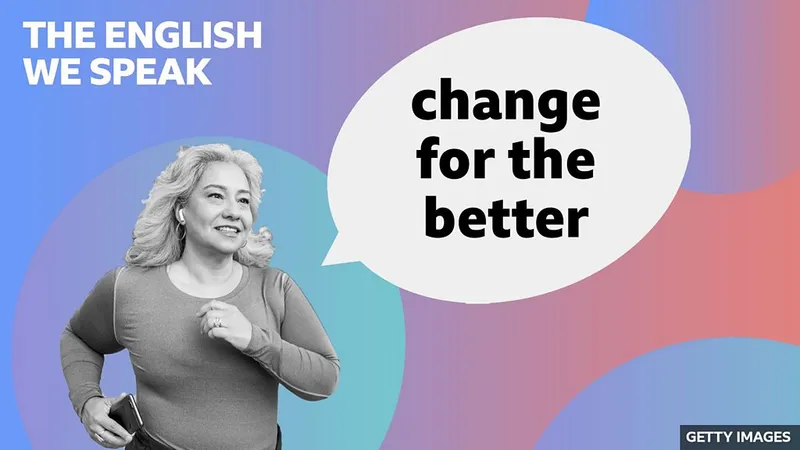Feifei Hello and welcome to The English We Speak. I’m Feifei…
Neil …and I’m Neil. Wow! That food smells amazing! What is it?
Feifei It’s part of my new diet! I’ve decided to start eating much more healthily as my New Year’s resolution!
Neil You’re making me hungry! I’m really impressed with your new healthy lifestyle! Congratulations!
Feifei Yes! It’s a change for the better!
Neil What?! A change for the butter? You’ve started eating only butter? Nothing else?! That doesn’t sound like a balanced diet!
Feifei No. I said, ‘a change for the better’. We use the expression ‘a change for the better’ to talk about an improvement in the state or condition of something. For example, my new diet is an improvement in the way I eat!
Neil Ah, that makes sense. And now I can see what you’re eating! So many vegetables! Compared with the takeaway food you used to eat, it really is a change for the better! Maybe you can give me some advice about what to eat!
Feifei We can talk more about that after these examples.
Examples The new manager brought in some new plants and repainted the office. The new look really was a change for the better.
Many people feel that four-day working weeks would be a change for the better.
The decision to change the focus of the project was a change for the better.
Feifei This is The English We Speak from BBC Learning English. We’re learning about the expression ‘a change for the better’. We use this to say there’s been an improvement in the condition or quality of something.
Neil So, when I stopped eating meat, I felt that it was a change for the better for me! I feel being vegetarian suits me.
Feifei Yes, and getting regular exercise can also be a change for the better! Do you want to know what else would be a change for the better?
Neil Sure? What? Less stress? Less work?
Feifei No. If you never wear that horrible flamingo costume you wore for Hallowe’en again! That really would be a change for the better for all of us!
Neil Well, that I can’t promise! Sorry!
Feifei Bye, Neil!
Neil Bye!
